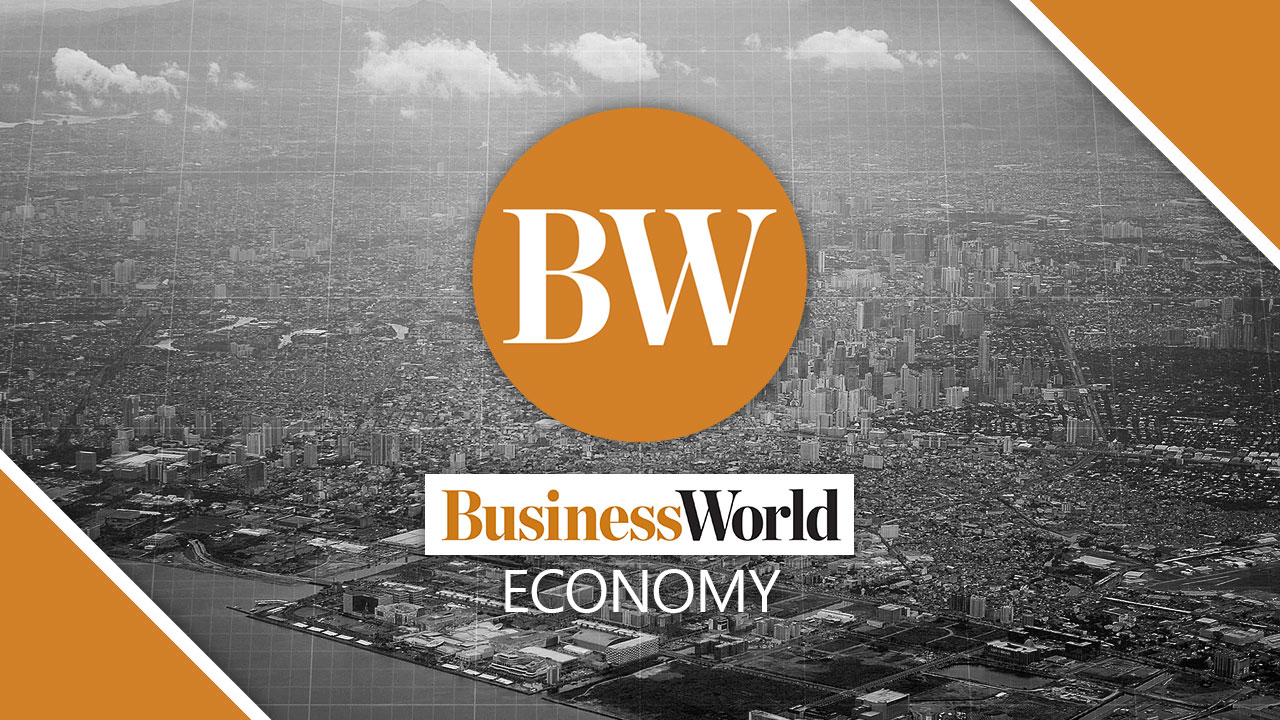Digital nomad visas: Redefining the workation
4 min read
Following an announcement made in May, the Bureau of Immigration (BI) is set to launch its new digital nomad visa program in 2024.
Digital nomad visas give individuals the right to live and work remotely outside their home country. With such a visa, individuals will be allowed to reside in a foreign country while being employed elsewhere.
Currently, over 50 countries offer similar remote work visas to attract remote workers and freelancers. While not all countries have specific visas tailored for remote workers, some offer options that can accommodate them. Thailand, for instance, has the Thailand Elite Visa for extended stays, which is not explicitly designed for digital nomads. Indonesia’s Social Budaya Visa is geared towards cultural or educational purposes, while Malaysia’s MM2H Program is for long-term stays. Taiwan’s Gold Card Visa targets skilled professionals but can facilitate remote work arrangements. The Working Holiday Visa of Japan and the H-1 Visa of South Korea may be utilized by remote workers under certain conditions.
While the landscape for digital nomad visas in Asia is still evolving, these options reflect a growing recognition of the needs of remote workers in the region.
DIGITAL NOMAD VISA IN THE PHILIPPINES
The Philippines’ digital nomad visa reflects the global shift towards remote work and responds to the increasing demand for flexible work arrangements. The program not only caters to the changing needs of professionals but also positions the country as an attractive destination for a global workforce seeking a balance between work and lifestyle. By offering a visa tailored to remote workers, the Philippines aims to provide skilled professionals with a unique opportunity to live and work in a tropical paradise while contributing to the local economy.
ECONOMIC IMPACT AND INFRASTRUCTURE REQUIREMENTS
As digital nomads establish virtual workspaces in the Philippines, they bring much more than their professional skills and experiences. These individuals contribute significantly to the economy, stimulating revenue generation through their spending habits, particularly on accommodation, food, transportation and entertainment services. Their presence fuels tourism when they engage in leisure activities such as exploring cultural sites and local attractions. They may also choose to invest in real estate and other business opportunities.
The increasing presence of digital nomads can also serve as a catalyst for innovation, encouraging knowledge exchange, and providing a substantial boost to local businesses and service providers.
However, the success of the digital nomad visa is contingent on effective implementation and the provision of essential infrastructure. Reliable high-speed internet, a cornerstone of remote work, must be readily available across the country. While urban areas, especially in Metro Manila, generally enjoy relatively reliable high-speed internet, rural and remote areas often suffer from slow internet speeds, frequent service interruptions and other challenges with connectivity. Apart from stable internet connections, conducive and safe co-working spaces and facilities that cater to the specific needs of digital nomads would further enhance the attractiveness of the Philippines as a remote work destination.
VISA APPLICATION PROCESS
Compared to that of traditional work visas, the application for a digital nomad visa is generally streamlined, making it more accessible to remote workers. The requirements typically include proof of employment, a valid passport, health insurance, a clean criminal record, and proof of income to demonstrate the applicant’s ability to sustain himself financially while staying in the country. Qualified applicants will be granted a 12-month stay, which can be extended for another 12 months. Visa holders are also exempted from local income tax and are only required to pay income tax in their home country.
CREATING A CONDUCIVE ECOSYSTEM FOR REMOTE WORK
The visa program should be more than a mere bureaucratic procedure. It should foster an environment that genuinely supports remote work. This requires collaboration between the public and private sectors not only in addressing the essential infrastructural needs but also in actively cultivating a dynamic digital nomad community. This can involve creating networking events, workshops and educational programs tailored to the remote workers’ upskilling. Additionally, streamlining visa processes and offering long-term visa options for remote workers can attract more talent from overseas. By providing clear pathways for remote workers to relocate, the government can encourage the influx of skilled professionals and enrich the local economy.
The Philippines needs to actively position itself as a premier destination for remote work, leveraging its unique selling points — affordability, English proficiency, and a favorable climate. Cultural integration can further enhance the digital nomad experience. Beyond professional pursuits, the country offers a rich cultural heritage, diverse cuisine, and stunning landscapes.
For digital nomads, the Philippines presents a tantalizing mix of urban sophistication and natural wonders. From the bustling energy of Manila to the pristine beaches of Palawan, there’s something to suit all preferences. The digital nomad visa program offers not only the chance to experience the Philippines but also serves as a gateway to explore the broader Southeast Asian region.
The views or opinions expressed in this article are solely those of the author and do not necessarily represent those of Isla Lipana & Co. The content is for general information purposes only, and should not be used as a substitute for specific advice.
Irene To is an assistant manager of Markets at PricewaterhouseCoopers Business Services Philippines Co., Ltd., a Philippine member firm of the PwC network.



